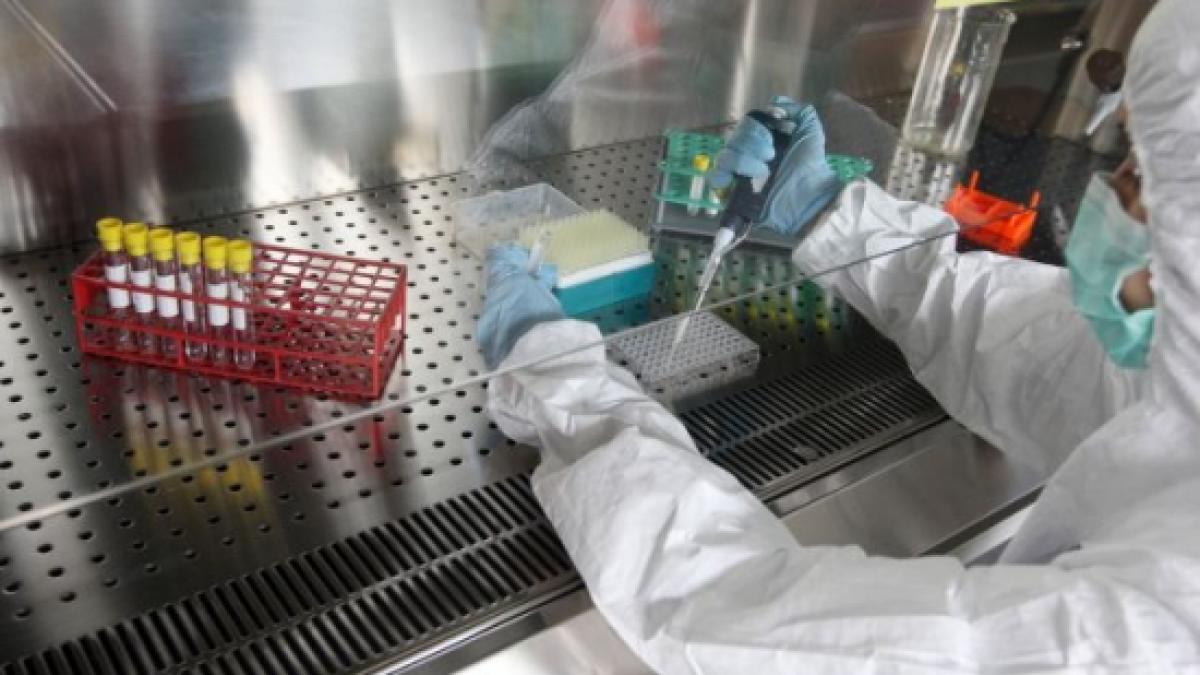
"On Wednesday, the Government approved two very important pieces of legislation, one focused on Cantacuzino Institute resuming its activity, and the second referred to the Antibiotics Company Iasi. Regardless of how I will be interpreted, I would like to thank the Government for reopening the Cantacuzino Institute, which was set in the government plan ", the Minister of Health said.
Eugen Nicolaescu said that Cantacuzino Institute becomes though the new Government Decision a service of general economic interest and will receive from the government's reserve fund 10 million lei, which is not state aid, but financial compensation from the state.
Under this framework, the Health Minister said that the staff needed for the Institute’s activity resumption had already been placed and that he discussed with the National Agency for Medicines and Medical Devices to shorten some of the steps for the flu vaccine production to be resumed this season.
‘We want to ensure this year’s vaccination of the risk population be made with a Romanian vaccine. It is for the first time in Romania when an institution is granted the status of general economic interest’, Nicolaescu said. The minister specified that once Institute Cantacuzino resumed its activity, the costs for the imported vaccine would also be reduced. By using the vaccine produced in Romania, its price will be 2.5 times lower than its purchase through imports. The Ministry of Health also wants that after Institute Cntacuzno resumed its activity and started producing at full speed, they would also produce domestically the BCG and other vaccines.
"Once the Institute obtains accreditation for all production lines we will also take into consideration that the institute should export some of the products”, Nicolaescu added. The decision approved by the Government provides that Institute Cantacuzino would receive ten million lei out of the Reserve fund , foreseen for the state budget for 2013 and it will also coordinate the economic service of general interest to prevent mass population disease, generated by epidemics and pandemics.
The national plan of intervention for mass population disease prevention caused by epidemics and pandemics comprises strategies, objectives and health response measures of the sanitary and of the entire health system and principles, objectives and actions to be undertaken by other sectors interconnecting each other based on the fundamental principles that underpin the strategy and intervention measures: rapid response to the emergence of the threat of world pandemic alert phases as established by the World Health Organization (WHO), the establishment of effective preventive measures based on scientific evidence, education, communication and information conducted by specialists in the field and with maximum transparency; maintaining a relationship of trust between the population and the authorities.



















